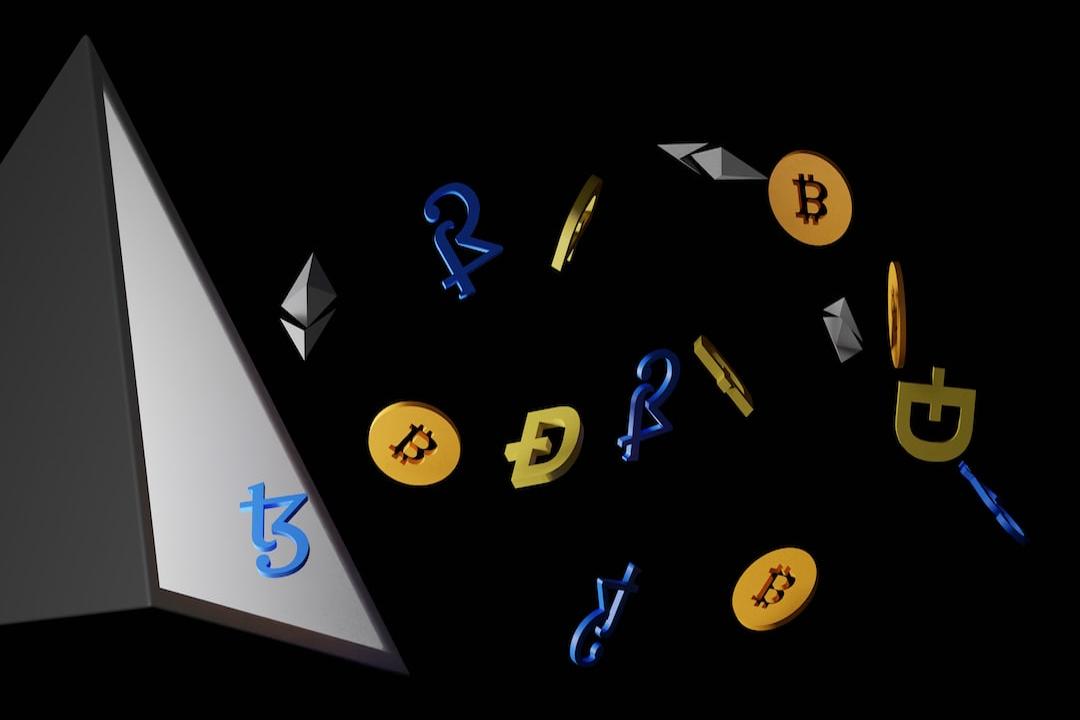FSC Introduces New NFT Classification Guidelines
The Financial Services Commission (FSC), South Korea’s leading financial regulator, unveiled comprehensive guidelines on Monday to clarify the categorization of non-fungible tokens (NFTs) as virtual assets.
NFTs, as defined by the FSC, are limited in quantity and primarily traded for collecting content like videos and images. Due to their exclusive nature and restricted secondary market transactions, they are typically held by a small group of individuals, resulting in minimal risk of widespread harm to users. This unique characteristic sets NFTs apart from other virtual assets.
The FSC specified that NFTs would not be classified as virtual assets under the Enforcement Decree if they serve the purpose of collection, facilitate transactions between parties, or possess distinct uniqueness. Examples of such NFTs include tokens verifying authenticity in the art market, records of property transactions, and tokens for supply chain verification. Nevertheless, should an NFT operate as a virtual asset, the regulations outlined in the “Virtual Asset User Protection Act” and other relevant laws will be enforced.
The FSC introduced the Enforcement Decree to elaborate on the details of the Virtual Asset User Protection Act, which was enacted on July 18, 2023, and is set to come into effect on July 19, 2024. The primary objective of the act is to safeguard virtual asset users and ensure market order by defining virtual assets, mandating secure storage of user deposits and virtual assets, and imposing penalties for unfair trading practices. The enforcement decree also outlines exemptions from the virtual asset classification, guidelines for managing user deposits, requirements for using cold wallets for asset storage, and regulations on insurance or reserve funds for liability in case of incidents.
Emphasizing that the legal classification of NFTs should be determined based on their substance rather than simply their name or technology, the FSC highlighted the importance of thoroughly evaluating factors such as issuance and distribution structure, terms and conditions, advertising, and business and service content for those involved in issuing, distributing, or handling NFTs.
Share your thoughts on South Korea’s NFT guidelines in the comments below.






